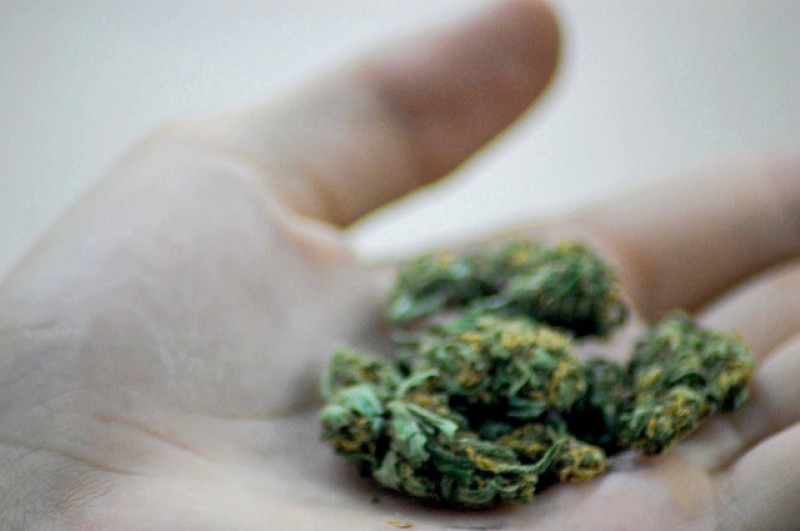
California became the fifth state to legalize recreational marijuana on November 8 after rejecting a similar measure six years ago.
California's Proposition 64 passed by a 56 to 44 vote and allows adults over the age of 21 to buy and possess up to one ounce of marijuana for personal use and to grow up to six plants per household.
However, recreational marijuana cannot be legally sold until licenses are issued, which will take about two years under the newly formed Bureau of Marijuana Control.
California has the largest economy in the United States and has the 6th largest in the world. The expected tax revenue from marijuana sales are projected to be about $22 billion by 2020, according to the New York Times.
The new measure will also decriminalize possession of marijuana for which minorities had been disproportionately arrested and convicted for drug crimes. This will reduce the number of people convicted for possession and is estimated to save over $100 million per year, according to the Department of Finance. Revenue will go toward research and looking into the environmental consequences of cultivation as well as drug education programs for youth.
"The new law focuses on undoing the most egregious harms of marijuana prohibition, which have disproportionately impacted communities of color," says Lynne Lyman from the Drug Policy Alliance, according to the Los Angeles Times.
Opponents say that the measure received its funding from investments made by marijuana companies who would profit greatly should the measure pass and pointed to the potential negative consequences such as drug abuse among youth and driving while impaired.
"We are, of course, disappointed that the self-serving moneyed interests behind this marijuana business plan prevailed at the cost of public health, safety, and the wellbeing of our communities," Chief Ken Corney, president of the California Police Chiefs Association said, according to the Los Angeles Times. "We will take a thorough look at the flaws in Proposition 64 that will negatively impact public health and safety, such as the initiative's substandard advertising restrictions and lack of prosecutorial tools for driving under the influence of marijuana, and begin to develop legislative solutions."
According to a Gallup poll, support for the legalization of marijuana is at an all-time high in the U.S. at 60 percent. Support was found across all age groups except those over 65 years old, according to a Field poll. Across party lines, 65 percent of Republicans are against legalization, while 72 percent of Democrats are in support.
California was the first state to legalize medical marijuana in 1996. Massachusetts and Nevada passed similar measures in legalizing recreational marijuana while medical marijuana was legalized in Florida, North Dakota and Arkansas.


















